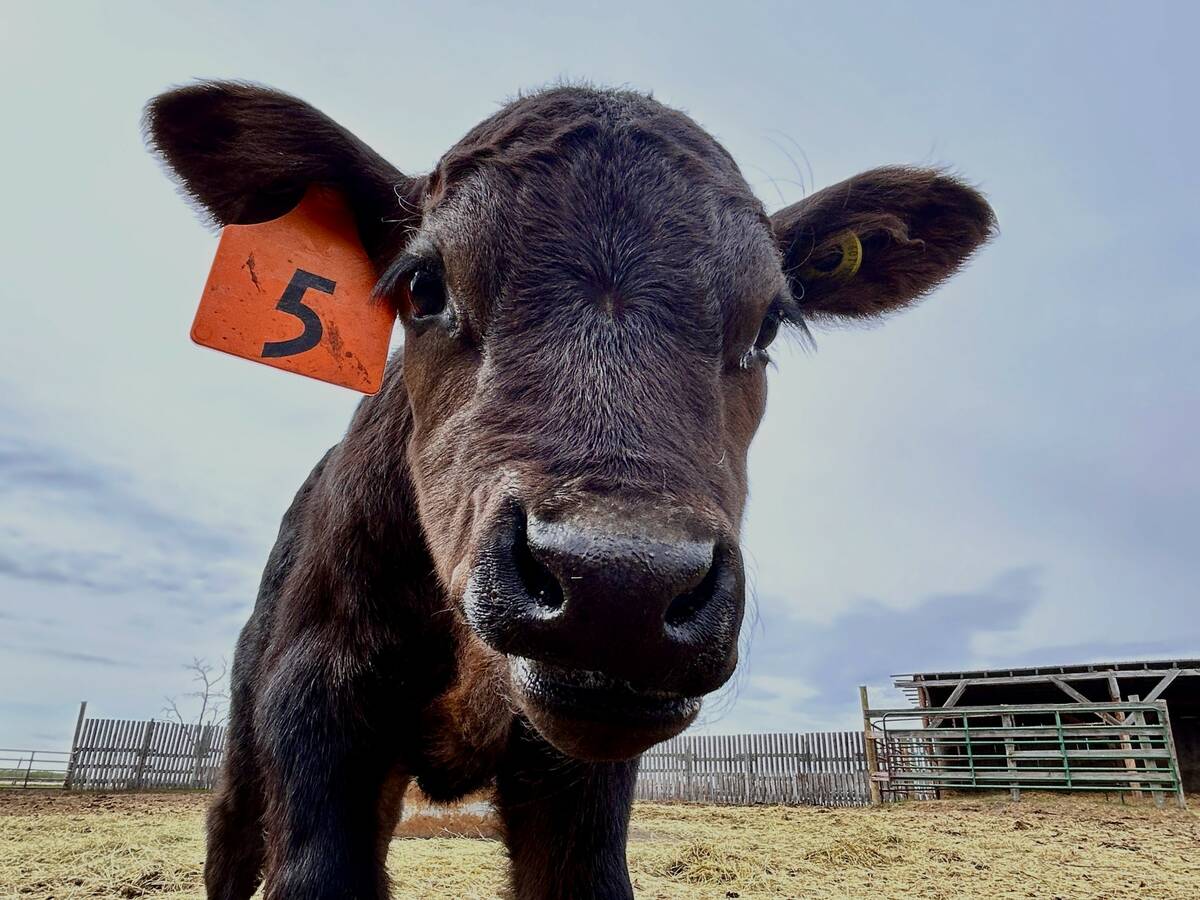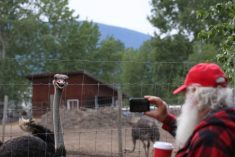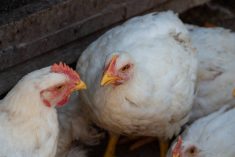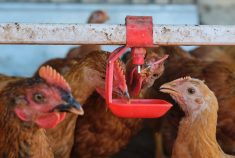Paris | Reuters—The spread of bird flu to an increasing number of species and its widening geographic reach have raised the risks of humans being infected by the virus, the head of the World Organization for Animal Health (WOAH) said on Thursday.
Monique Eloit’s comments come after the U.S. government reported cases of the disease in dairy cows in several states and a person in Texas, which she said would only be a strong concern if there had been a transmission between cows, something the U.S. authorities are still investigating.
Read Also

Health Canada stops sales of coccidiosis medication Deccox on procedural issue
Deccox, a medication to prevent coccidiosis in calves and other livestock, is temporarily off the market after Health Canada issued a stop sale order earlier this month.
Avian influenza, commonly called bird flu, has led to the culling of hundreds of millions of poultry around the globe in the past years, with the virus mostly carried by migrating wild birds.
Although the number of outbreaks has been lower this season the virus has spread to new regions, including South America and Antarctica, and hit a larger number of animals, decimating colonies of rare species.
Foxes were the mammal species most affected by bird flu but the virus also infected dozens of other species including cats, tigers, seals, dolphins and bears.
“Over the last few months, we have had a whole series of diverse and varied mammals. It is worrying to see this extension to other species,” the head of the Paris-based organization told Reuters in an interview.
“Ultimately, we find ourselves with more and more species and more animals which are contaminated, therefore necessarily a higher viral load with a risk of contamination of humans,” she said.
Some outbreaks of bird flu have caused serious or fatal infections among people who have close contact with wild birds or poultry but to date there has been no sustained human-to-human transmission observed. For most people who are not exposed to infected animals, the risk of catching the disease is very low, scientists say.
Animal and human flu viruses tend to mutate, raising concern that one will turn into one which can be transmitted between mammals, including humans.
The European Food Safety Agency (EFSA) warned on Wednesday of a large-scale bird flu pandemic if the virus becomes transmissible between people as humans lack immunity against the virus.















